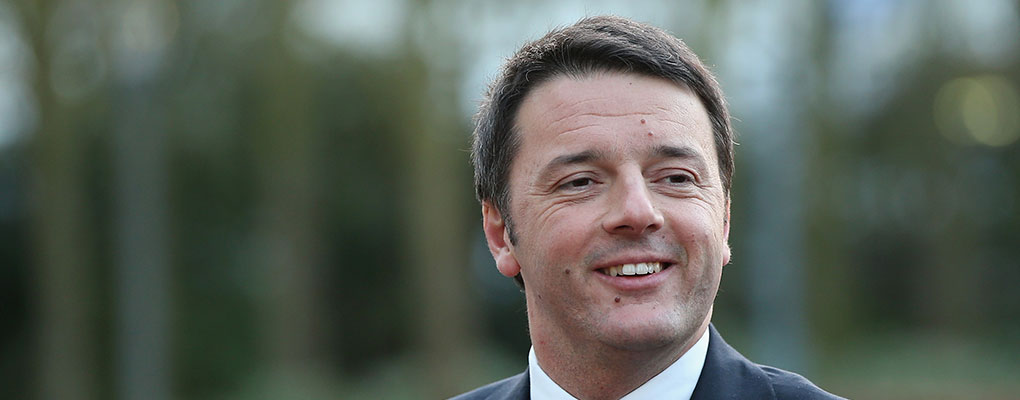
Prime Minister Matteo Renzi has declared that “Italy is on the mend,” following a win with the EU Commission on more flexible deficit rules. The deal has secured an additional €17bn from the EU, which will contribute to spending and tax cuts that are planned for 2016.
“I say it without any problem and based on the figures: Italy has turned the corner. Full stop.” Renzi told daily newspaper, Il Foglio. “The economy is taking off and spending is growing. Something is changing.”
So far this year, Italy’s economy has shown indications that it is indeed on the path to recovery
Having greater tractability with the deficit rules will allow Italy manoeuvrability of approximately one percent of its GDP. Around €4bn of this will be spent on abolishing the widely unpopular tax on primary residences in 2016, which has already won the incumbent government greater popularity, according to recent polls.
In the second quarter of this year, Italy’s economy grew by 0.3 percent, greater than previous forecasts of 0.2 percent. Experts attribute this faster growth to a significant jump in industrial output, which had increased by 2.7 percent in comparison to the same period for 2014. There has also been an increase in mortgage applications in 2015, as well as a decline in unemployment, a significant factor in Italy’s stagnating economy, which has the third highest level of youth unemployment in Europe, after Greece and Spain.
So far this year, Italy’s economy has shown indications that it is indeed on the path to recovery, with greater growth to be expected in the coming year if Renzi’s 2016 budget succeeds in encouraging more investment and spending. That being said, it is still too early to assess that Italy’s growth can continue at the current rate, particularly as its 44 percent youth unemployment rate is a formidable obstacle that has yet to be overcome.


